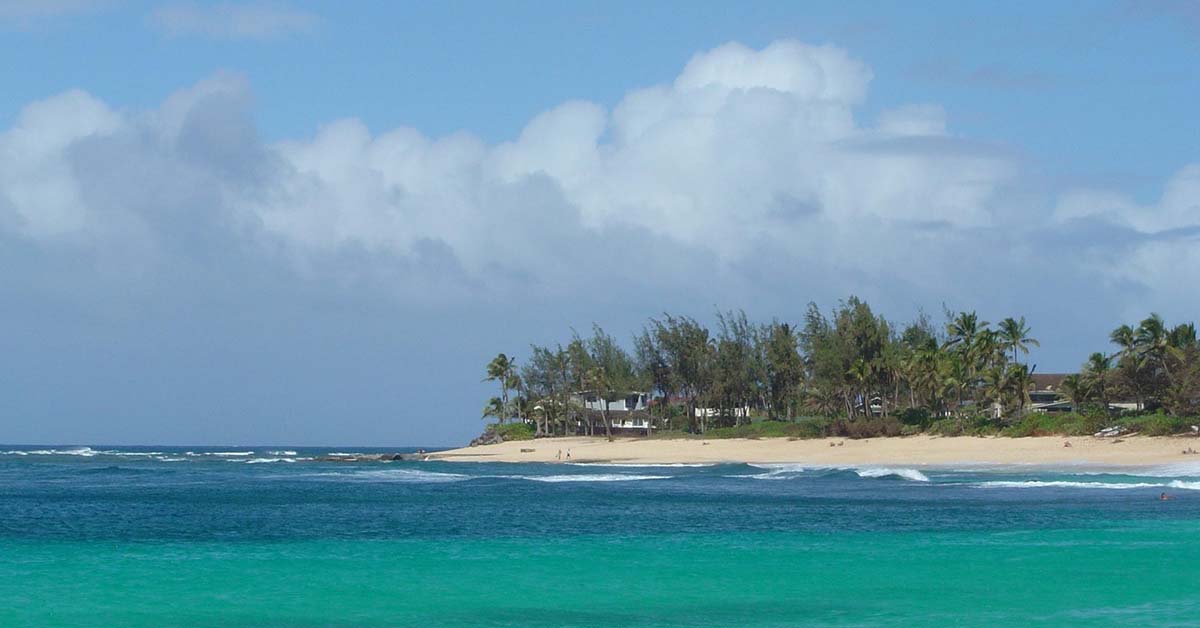History books are dominated with stories of the elite, of government leaders and popular historical figures. Their life stories are reverently recorded through the written word, perhaps on film and photos, remembered through time. Yet, there are many sources of living knowledge that have not been recorded, of everyday people who are intimately familiar with the history of our community.
These untold stories of our kupuna/elders have the ability to reveal a unique perspective about the people, places and practices in our local community. As rural communities face increasing development and population pressures, these stories and histories are quickly disappearing as long term members move or pass away. Do their life stories matter? Absolutely! We use stories to make sense of our lives and to gain insight and understanding of ourselves and our community history.
The North Shore Ethnographic Field School will record these treasured life histories beginning in January 2018. This unique community-based project will pair undergrad and graduate students at the University of Hawai‘i at Manoa with community elders in a set of interviews designed to document, preserve and honor their life histories. This opportunity, to tell your own story in your own words, will help train a new generation of students in respectful, ethical methods that empower the community they are engaged in.
The 3-year oral history project is designed to focus on site specific places and documentthe activities and memories of kupuna/‘ohana with place. The Ka‘ena, Mokule‘ia and Hale‘iwa areas will be the focus during the Spring 2018 semester. The students will learn the cultural history of Waialua, visit significant wahi kupuna (ancestral places) and build relationships with community through community events. Students will learn to prepare for and conduct life history interviews aswell ashow to record, transcribe and preserve these stories utilizing audio, video and digital media resources.
Through the process of recording life histories and engaging with community, we hope to build bridges and strengthen ties between the generations. The field school will meet every Saturday from January through May 2018, with two life history interviews with community elders (1½-3 hours each) scheduled for Saturday mornings between February-March 2018 at various locations on the North Shore.
Individuals who participate will retain all rights to recordings and transcripts generated during the project. There is potential for a community archive of oral histories,butwe respectindividualwishes to keep theirlife stories private. Through the documentation of these place-based stories and history, we can inspire and empower our community to protect and preserve the places, practices and lifestyle that makes our community so unique. This project is funded by Kamehameha Schools and is in consultation with the Waialua Hawaiian Civic Club.
Please contact Malia Evans at 808-728-7676 or email evansmas@hawaii.edu or Hannah Anae at 808-237- 9322 or email hannahk@hawaii.edu Mahalo nui! We look forward to engaging and recording your unique story

